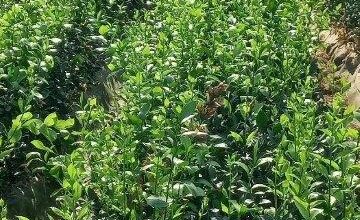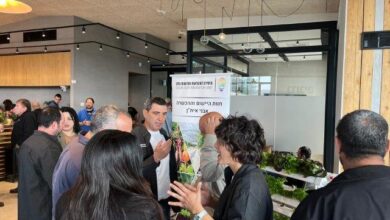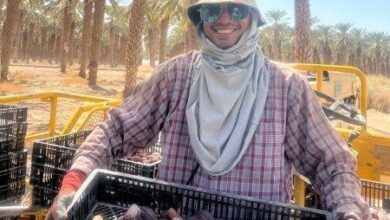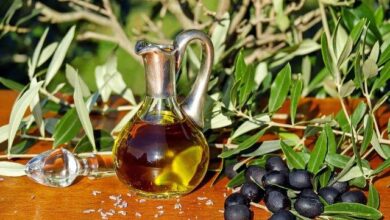The Small Orchards of the Citrus Growers from Emek Hefer
The Alon family, third- and fourth-generation citrus growers, is bringing back a long-lost trade.
Ronit Vered
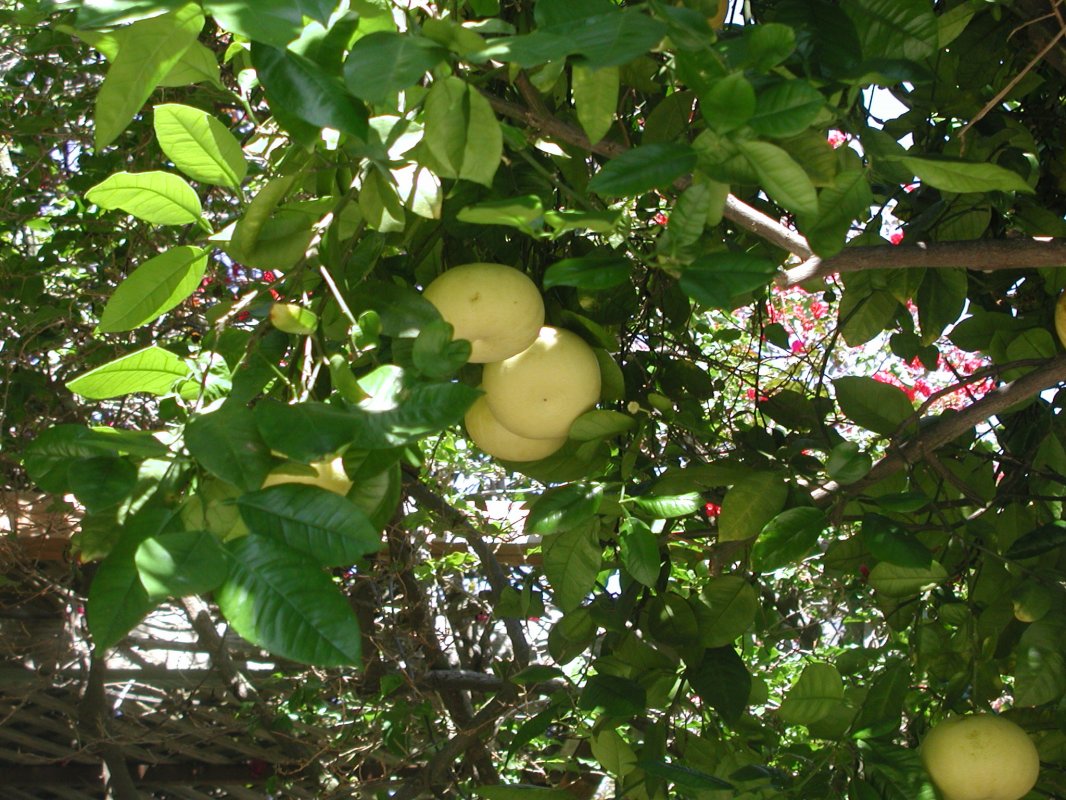

Uri Lemon − that’s what local chefs and restaurateurs call the father. His two sons are known as Ben and Gal Lime, as in days of yore when a person’s trade was the source of his reputation and the name by which he was known in the community. Their actual surname is Alon, and before earlier generations Hebraized it, the family trade was tending orchards.
In the mid-1990s, the family orchards were uprooted and the land was leased to flower growers. Uri Alon traveled to Cuba in 1997, answering the call of former Mossad officer Rafi Eitan to establish huge citrus farms there (tens of thousands of dunams each). His two sons both gave up agriculture and went into other fields − one to the import business and the other to high-tech.
Uri Alon spent eight years working in Cuba. (“The Cuba chapter, including the connection with Fidel Castro, deserves a whole book of its own,” he says.) When he returned to Israel in 2005 he informed his sons that he planned to restore the family citrus-growing business to its past glory. Lemons had always been part of the family crop (“In harvest season, in addition to marketing in Israel and exporting abroad, we also sold lemons and oranges directly to Cafe Alexander and other pioneers of the Tel Aviv restaurant scene”), and during his time in the Caribbean he also came to know and love other tart members of the citrus family, with its multitude of species and rich history. In 2008, the first citrus trees were replanted on the family land, and more are always being added. Ben left his job to become a full-time farmer, while Gal helps manage the business and market the crop.
The Alon-Lemon family’s orchard surrounding the little green hut has Villa Franca lemon trees − this is the light yellow lemon most common in Israel, but mainly Interdonato lemon trees, a large Sicilian strain prized for its aromatic peel and rich sweet-sour flavor. There is also a fascinating experimental section, and long columns of lime trees. On the branches of the young lime trees one finds a remarkable sight: new blossoms alongside ripening fruit. An advanced agricultural method to obtain three blossoming cycles makes it possible to extend the lime tree’s short season from two months to six.
The lime, one of the smallest and most aromatic members of the citrus family, originally comes from northeast India. Arab traders brought it to the Middle East and southern Europe, and from there it was transported by Spanish and Portuguese explorers to the New World and the Caribbean islands. Despite the fruit’s wonderful attributes, Israeli farmers are not keen on planting lime orchards, and demand outstrips supply. Lime trees are more delicate than other citrus trees, more susceptible to diseases that can quickly wipe out an entire orchard, and their fruit season is relatively short considering how many months of careful cultivation is required.
“Most of the local crop goes for export,” says Gal. “The brief window of time when the lime crop is yielded in Israel corresponds exactly to the time when there is a shortage of fresh limes in the South American and Central American orchards, so in the local market, what you usually find are only the limes that were not selected for export. Growers have no interest in trying to keep the fruit on the trees. They aim for a quick harvest and to ship them overseas. We made it our goal to supply the local market with a quality fruit over a six-month period. In addition to the yield from our orchard, this year we searched high and low all over the country, from orchards on the Gaza border all the way up to Metulla − and we found a few farmers whom we are training and marketing their lime crop in Israel. We paid them ahead of time, every farmer’s dream, and in return they committed to grow the crop according to our method.”
In recent years, orchards have become a more common sight again in this country − in the northern Negev and the Sharon thousands of dunams of citrus trees have been replanted − but the old model of small orchards on family farms has vanished for good. The Alon family’s orchard is larger than the traditional orchards were in the past, but still much smaller than the large orchards maintained by the few farmers who work other fields, or the big companies that have entered the field.
Haaretz 9/8/13

